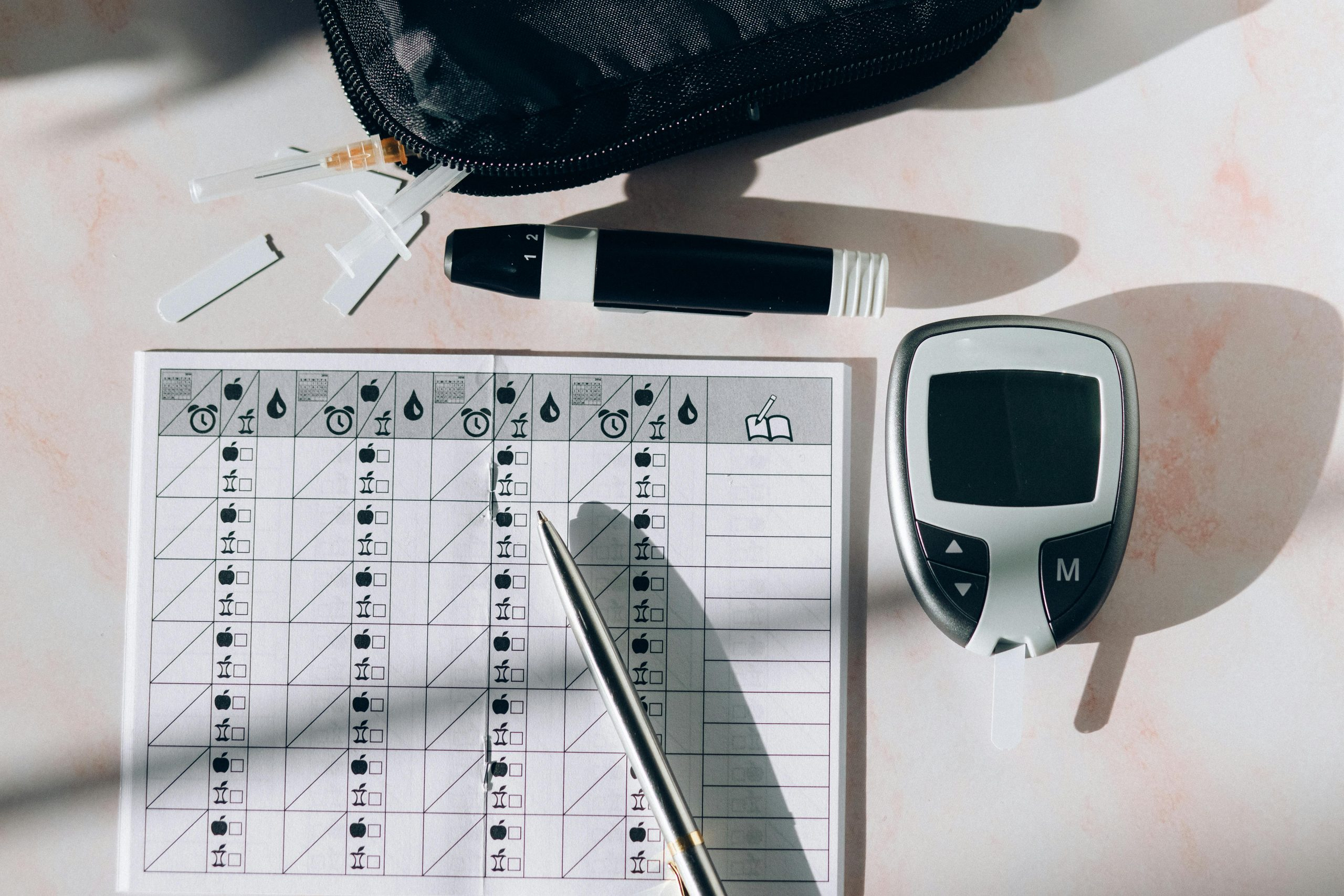Lifestyle Medicine Prevents Disease Through Daily Choice Changes
Welcome to the world of Lifestyle Medicine. In today’s society, chronic diseases such as diabetes, heart disease, obesity, and cancer are on the rise. Many of us turn to medications and surgeries as the solution, but what if the answer lies in our daily choices? That’s where Lifestyle Medicine comes in. This emerging field focuses on identifying and addressing the root causes of chronic diseases, rather than solely treating the symptoms. By making small changes in our daily choices, we have the power to prevent and even reverse these diseases. Let’s explore how Lifestyle Medicine can improve our health and well-being.
What is Lifestyle Medicine?
Lifestyle Medicine is a branch of medicine that emphasizes the importance of healthy lifestyle habits in preventing and treating diseases. It recognizes the interconnectedness of our physical, mental, emotional, and social well-being and how they all play a role in our overall health. It takes into account the environmental and societal factors that influence our health, and focuses on empowering individuals to make positive changes in their daily choices to improve their health.
The Power of Daily Choice Changes
Our daily choices may seem trivial, but they have a huge impact on our health. Some of the most common contributors to chronic diseases include smoking, poor nutrition, lack of physical activity, excessive alcohol consumption, and stress. By making simple changes in these areas, we can significantly reduce our risk of developing these diseases.
Quit Smoking
Smoking is a leading cause of preventable death and disease. It increases the risk of heart disease, stroke, lung cancer, and various other cancers. It also damages the DNA in our cells, leading to premature aging and wrinkles. But the good news is, it’s never too late to quit. Within just a few days of quitting, your body begins to heal. Your lung function improves, your risk of heart disease decreases, and your skin starts to look healthier. With the help of counseling, medication, and support, you can kick the habit for good.
Adopt a Healthy Diet
The food we eat is the fuel for our bodies. A poor diet high in processed foods, saturated fats, and added sugars can increase the risk of heart disease, obesity, diabetes, and certain types of cancer. On the other hand, a healthy diet rich in fruits, vegetables, whole grains, and lean protein can prevent and even reverse these diseases. By choosing nutrient-dense foods, we can nourish our bodies and improve our overall health.
Stay Active
Regular physical activity is essential for maintaining a healthy body and mind. It boosts our immune system, improves our mood, and reduces the risk of chronic diseases. It doesn’t have to be a two-hour workout at the gym – even a simple daily walk can make a big difference. Find an activity that you enjoy and make it a part of your daily routine. Your body will thank you.
Limit Alcohol Intake
While moderate alcohol consumption has been linked to some health benefits, excessive alcohol consumption can have serious negative effects on our health. It can damage our liver, increase our risk of certain cancers, and contribute to heart disease and obesity. If you do choose to drink, do so in moderation and alternate with non-alcoholic drinks to stay hydrated.
Reduce Stress
Stress has become a common part of our daily lives, but it can have detrimental effects on our health. Chronic stress can lead to high blood pressure, heart disease, depression, and anxiety. Finding healthy ways to manage stress, such as practicing mindfulness, yoga, or meditation, can improve our well-being and prevent the development of chronic diseases.
The Importance of a Whole-Person Approach
Lifestyle Medicine recognizes that health is not solely determined by our genes, but also by our environment, lifestyle, and behavior. It promotes a whole-person approach, taking into account the different aspects of our lives and how they intersect. This approach allows for a more personalized and effective treatment plan, as what works for one person may not work for another.
Furthermore, Lifestyle Medicine does not replace traditional medicine, but rather complements it. Medications and surgeries are still necessary in some cases, but Lifestyle Medicine can reduce the need for them and their side effects by addressing the root causes of diseases.
In Conclusion
Our daily choices may seem small, but they have big consequences. By making healthier choices, we have the power to prevent and even reverse chronic diseases. Lifestyle Medicine takes a whole-person approach and empowers us to make positive changes for our overall health and well-being. So let’s start making daily choice changes and live a healthier, happier life.











